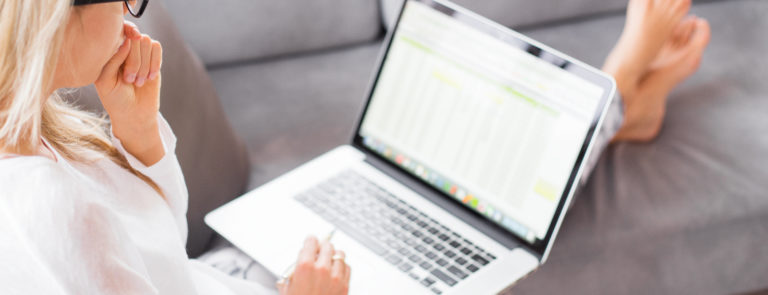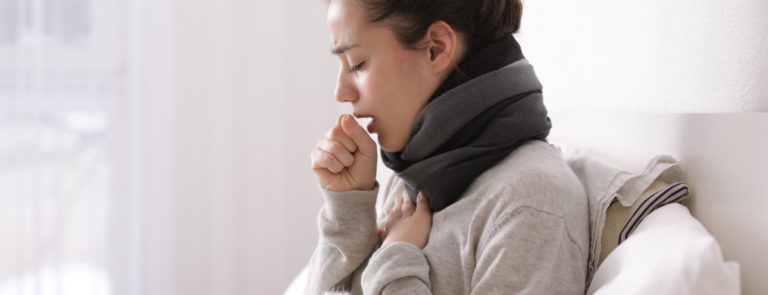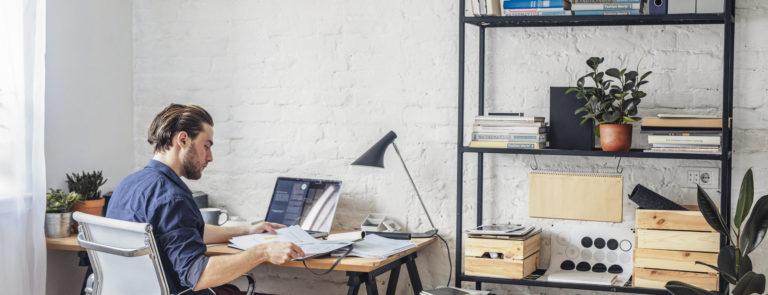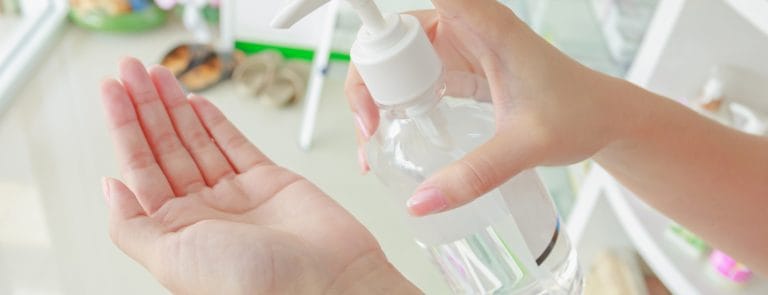15% off €35 OR 20% off €45
Code:CHOOSE
What's the difference between social distancing and self-isolation?

They both require you to distance yourself from others, but with daily updates from the government, it can be tough to keep up. Here’s our quick guide to the differences between them all.
With daily updates from the UK government, it can be tough to keep up with the different terminology they’re using, Here’s our quick guide to the differences between them all.
What do they have in common?
Social distancing and self-isolation are all about limiting to eliminating the contact you have with others, from your family members to the public.Stay at home
Everyone should now be staying at home. Following the government advice, everyone should be staying at home following the below advice:- Only go outside for food, health reasons, school or work (but only if you cannot work from home)
- If you go out, stay 2 metres (6ft or the length of a double bed) away from other people at all times
- Wash your hands as soon as you get home
What is social distancing?
Everyone should now take part in social distancing. The guidance has been put into place to reduce the spread of coronavirus, and especially for those that fall into the at-risk groups (over 70, pregnant or have an underlying health condition). The below advice from gov.uk should be put into action now and until further advice is received from the government or WHO.- Avoid contact with those who display the symptoms of COVID-19 – a new or continuous cough and a high temperature
- Stop all non-essential travel, including the use of public transport, especially in peak times
- To work from home if possible. Talk to your employer for further information
- Avoid contact with others, including family and friends, but do continue to stay in touch with loved ones via other channels
- Using online portals or phone lines to contact essential services, like your GP
What is self-isolating?
Self-isolation is for those that experience symptoms of COVID-19, but do not require urgent care at hospital and for those living in a household where someone is showing the symptoms. Self-isolation starts when you or someone else in your household starts to show symptoms of coronavirus. If you live alone, you should self-isolate for 7 days, whereas if you live with a partner or family members, self-isolation needs to last for 14 days. If you’re self-isolating, you should simply stay at home and follow the below advice:- Do not go shopping for food or other essentials. Use online shopping, food delivery services or ask loved ones to drop groceries at your door to limit contact
- Do continue to exercise if you are well enough to do so, but remain apart from others
- Minimise as much contact as possible within the home. Do not spend too much time in the same room as them and keep all rooms well ventilated
- Remain 2 meters or 3 steps away from them where and when possible
- Use a separate bathroom if possible. If not, make sure the bathroom is cleaned after each use and separate towels and allow them to use the bathroom first
- Allow them to cook or prepare food in the kitchen on their own and take their meals back to their room to eat



